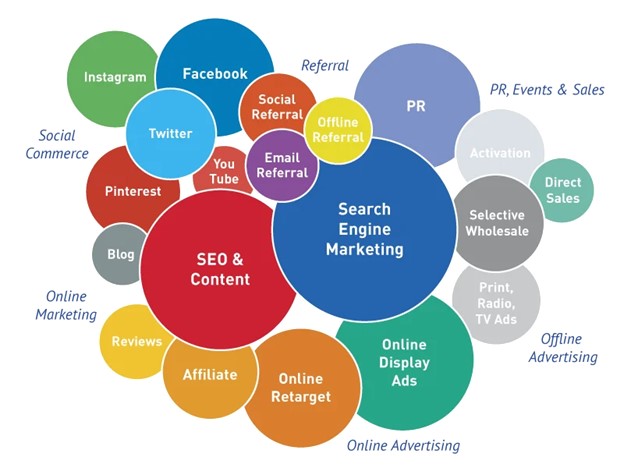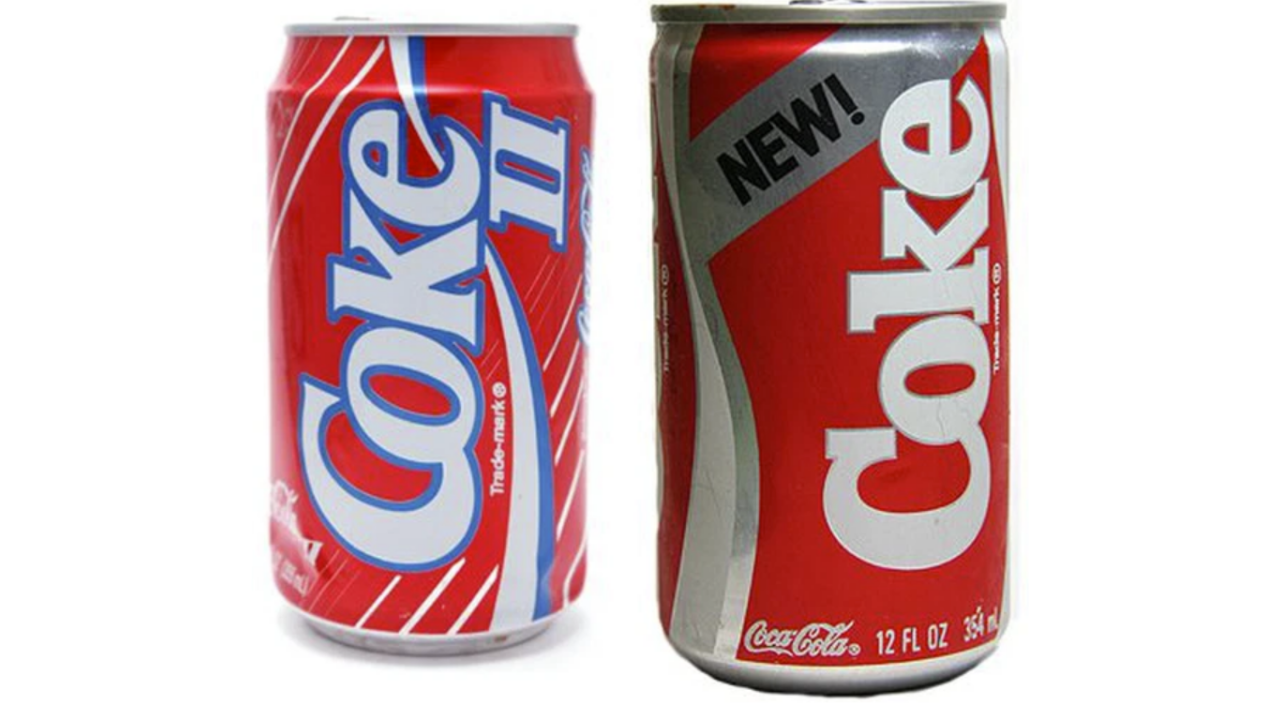If you’re like most people, your email box has been inundated lately with messages about Black Friday sales, emails touting everything from kids toys to skin care sets. As a B2B marketer, you might feel a little left out and find yourself thinking wistfully, “If only I could do that with my products”. The good news is that you can. You just need to go about it a little differently than your B2C cousins. Here are a few tips on how you too can stay on top of your game by crafting an effective B2B Black Friday strategy.
What you'll learn in this article
Why Black Friday (and Cyber Monday) are important
Black Friday weekend, the days following Thanksgiving, are among the most high-volume shopping days of the year. In fact, the shopping holiday got its name in the 1960s because it was the weekend that retailers traditionally went from being in the red for the year to being in the black financially.
Black Friday has morphed into a long sales weekend in the last decade or so. In addition to the traditional Friday sales, we now have Small Business Saturday and Cyber Monday (the Saturday and Monday after Thanksgiving).
Tips for creating a successful B2B Black Friday/Cyber Monday marketing plan

While most of the consumer retailers offer deep discounts during Black Friday weekend, as a B2B seller, you don’t necessarily have to follow suit and cut into your profits. Your customers might be just as intrigued and enticed by a free add-on, such as an ebook on how they can use your product to save money, or a bundle of services at a set price.
B2B Black Friday is obviously a little different from the business-to-consumer experience. You’re not going to have buyers camped out in front of your store or warehouse like you see on the news in front of the big box retailers. However, that’s just one of the differences.
Business-to-business customers are less likely to be searching for Black Friday offers for their business purchases. After all, B2B Black Friday deals are relatively new. This is both an advantage and a challenge. You’ll likely have less competition from other companies who sell similar products, but you’ll need to spend more resources getting the word out about your Black Friday offer.
1. Set clear goals about what you want to accomplish with your Black Friday marketing.
Make sure you know exactly what you want to do with your Black Friday offer. Do you want to sell a certain dollar amount of products? Do you want to attract new clients during this “shop-centric” season? If so, what type of client do you want to attract? (You do have a set of buyer personas, right?) Do you perhaps want to get potential customers to attend a seminar or other event later in the season? There’s no wrong answer, but it’s imperative to know what you are trying to accomplish.
2. Be aware of the different types of Black Friday offers that work for B2B companies
While most of the consumer retailers offer deep discounts during Black Friday weekend, as a B2B seller, you don’t necessarily have to follow suit and cut into your profits. Your customers might be just as intrigued and enticed by a free add-on, such as an ebook on how they can use your product to save money, or a bundle of services at a set price.
Whatever you decide to offer, make sure to look carefully at your return on investment. If you offer a deep discount to a business customer, you could be stuck honoring that offer a lot longer than your B2C counterpart.
Social media is your friend in promoting your Black Friday/Cyber Monday offers. While many business customers will ignore their business email and voice mail over the holiday weekend, they will likely log on to their favorite social media platforms. Targeted Facebook ads and ads on LinkedIn can be invaluable in letting potential customers know about your promotion.
3. Consider a Black Friday week rather than a single day.
While Friday is the high sales day for B2C sales, this isn’t necessarily the case for B2B sales. Many of your potential business customers are off work the day after Thanksgiving and are running around town, picking up consumer bargains with their friends and family. Your customers are more likely to be in the office and in a purchasing mood on Cyber Monday than on Friday. You might even consider extending your offer through December.
You may also be able to capitalize on the increasing popularity of Small Business Saturday, depending on your business and your clientele. Many customers seek out small, local businesses to support this time of year.
Black Friday and Cyber Monday are not just for selling television sets and toys to consumers. B2B companies can capitalize on this super shopping weekend by setting clear marketing goals, realizing and capitalizing on the differences between the B2C and the B2B markets and expanding your offer to include more than just Black Friday.








